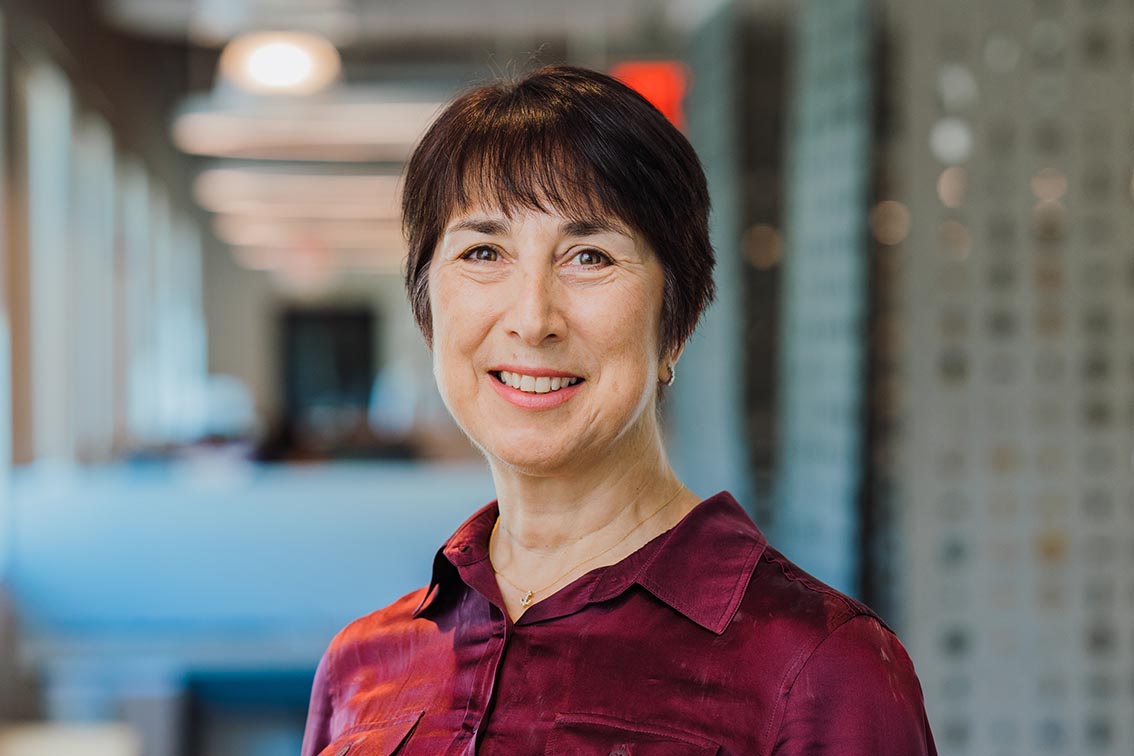The Companies Law (2020 Revision) (the "Law") of the Cayman Islands ("Cayman") provides that unclaimed dividends and undistributed assets from a liquidation (the "Remaining Funds") shall be held by the former liquidator as trustee ("Trustee") for the benefit of the shareholders or creditors to whom such Remaining Funds are owed for one year after the dissolution of the company.
The Companies Winding up Rules (the "CWR") require the Trustee to advertise for claims to the Remaining Funds and take such other steps as seem reasonable to locate and identify claimants ("Further Action"). The CWR also provide that the Trustee is entitled to a reasonable fee based on a fixed fee or fee scale or alternatively a percentage of the Remaining Funds or funds distributed, which fee will be fixed by order of the Cayman Grand Court. In addition, the Trustee is entitled to be reimbursed from the Remaining Funds for costs and expenses 'reasonably and properly' incurred in taking the Further Action.
Although an order for dissolution of a company is required to contain the terms upon which the Trustee's fee will be paid, such orders for dissolution are not made following voluntary liquidations. In any event, the Trustee's costs and expenses 'reasonably and properly' incurred in taking the Further Action will need to be ascertained at the end of the one year trust duration. For this reason it is often necessary for the Trustee to apply to the Cayman Grand Court in regard to both its fees and the costs and expenses of the Further Action (the "Final Application").
Until recently, the correct process through which a Trustee could make the Final Application had not been entirely obvious, given that the Trustee's appointment is governed by the Law and the CWR. The CWR also reference the ability for the Trustee to have any doubt and difficulty in regard to the Further Action resolved by the Cayman Grand Court through directions under section 48 of the Trusts Law (2020 Revision) (the "Trusts Law"). The process used could make a significant difference to the court fees payable and determine whether the Trustee receives a fee and reimbursement for costs and expenses or not.
The Cayman Grand Court has now clarified the correct process and the good news for the Trustee is that the court fees for filing the Final Application are CI$200 (US$244), as opposed to the Financial Services Division filing fee of CI$5,000 (US$6,098). This is because the application can be made under section 48 of the Trusts Law for "the opinion, advice or direction of the Court upon any question respecting the management or administration of the estate or trust fund…". The Final Application may be made by written submission without an oral hearing (per Rule 8 of Order 85 of the Cayman Grand Court Rules), further reducing costs.
Written submissions must be filed to:
- explain why the application is suitably brought on the papers;
- define the question in respect of which the Court's opinion, advice or direction is sought;
- identify and discuss all matters of law which are material to the application; and
- give a full and frank disclosure of all facts material to the application.
A supporting affidavit must also be filed which (a) contains full particulars of the beneficiaries or classes of beneficiaries and their respective interests; and (b) verifies the statement of material facts contained in the written submission.
This is welcome certainty for the Trustee and, as a result of obtaining this clarification from the Cayman Grand Court, we at Bedell Cristin can now offer Trustees a cost effective basis for the Final Application.
No Content Set
Exception:
Website.Models.ViewModels.Blocks.PageBlocks.CardBlocks.DownloadCardBlockVm
Location: Cayman Islands
Related Services: Insolvency & Restructuring | Litigation & Dispute Resolution


